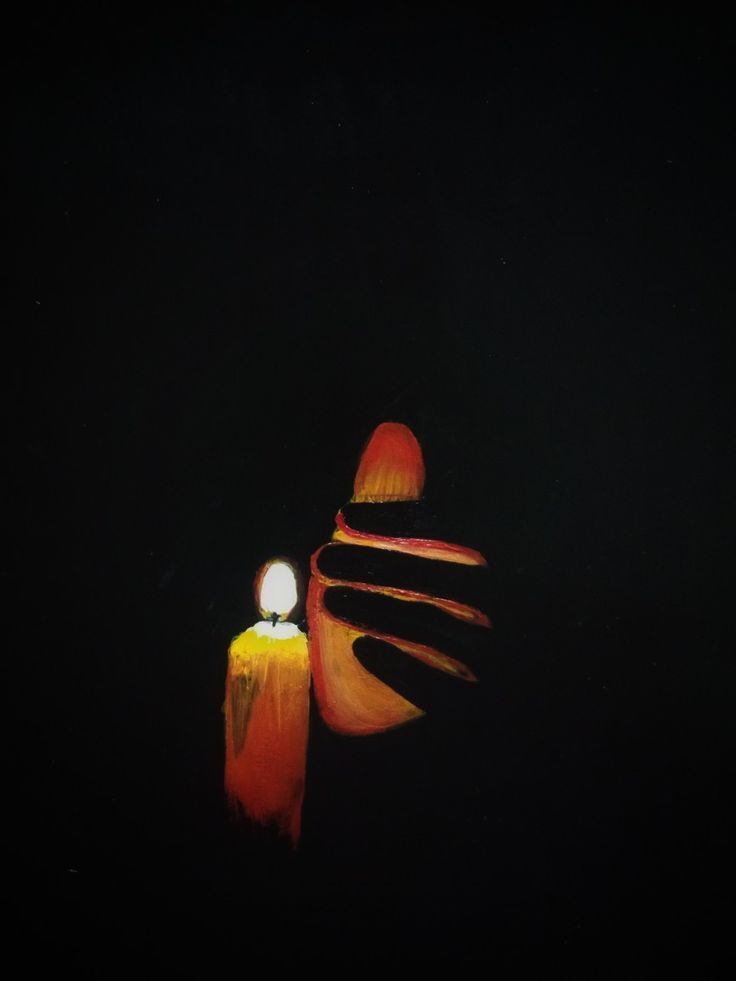
A Fragile Light: Reflections on Peace and Freedom
By The Most Revd Prof. Dr Malkhaz Songulashvili, Metropolitan Bishop of Tbilisi
On the final, joy-filled day of Sukkot — the ancient Jewish festival that celebrates divine shelter and human trust — news arrived that stirred hearts across the world: the release of hostages long held in captivity. This act of deliverance, coming in the midst of a feast devoted to gratitude and protection, calls us all to pause, reflect, and give thanks for the restoration of life and hope.
Only three days before the tragic events of 7 October — a day that coincided with the joyous festival of Simchat Torah — we had gathered at the Peace Cathedral in Tbilisi for a great assembly of religious leaders. The cathedral was radiant with the colours and beauty of many faiths — Yezidi, Christian, Jewish, and Muslim — joined by scholars, human rights advocates, and children from diverse traditions. Before the service began, the Archbishop of Canterbury, the Most Revd Justin Welby, Bishop Rolf Bareis of the Evangelical Lutheran Church in Georgia, and I had the privilege of consecrating the new Oratory of Reconciliation — a sacred space open to prayer and meditation for people of all religions and none. None of us could have foreseen that within three days the world would witness an eruption of unprecedented cruelty and hatred.
Two years have now passed since that dark day. And yet, a fragile glimmer of peace begins to emerge — a tender light that must not be extinguished. The true path to peace lies not in vengeance or dominance, but in reconciliation, acceptance, and respect. This conviction shapes the daily life of the Peace Cathedral in Tbilisi, where, under one roof, stand a Christian Church, the Peace Synagogue, the Peace Mosque, the Buddhist Peace Temple, and the Oratory of Reconciliation — a house of prayer for all peoples.
Together, we join our Jewish brothers and sisters in gratitude and prayer. We rejoice that lives once overshadowed by fear have been restored to freedom. Yet our joy is interwoven with longing — a deep yearning for a durable and just peace in Israel, Gaza, and throughout the Middle East.
Sukkot teaches us that true security is not found in walls or weapons, but in the sukkat shalom — the divine shelter of peace. Even the most fragile dwelling, when filled with faith, love, and compassion, becomes a fortress of the spirit. The release of hostages, though but a fleeting light amid deep sorrow, summons all people of conscience to rebuild that spiritual shelter — one not of stone or steel, but of reconciliation, tenderness, and hope.
At the Peace Cathedral, we hold a steadfast conviction that the yearning for peace unites all faiths. The prayers of Jews in their synagogues on Saturdays, the devotions of Muslims on Fridays, the hymns of Christians on Sundays, and the meditations of Buddhists in silence — all rise toward the same heaven, pleading for mercy upon our wounded and bleeding world.
As we share in the joy of this homecoming, may the Eternal — who spreads the shelter of peace over Israel and over all peoples — renew within every heart the courage to choose compassion over cruelty, justice over domination, and dialogue over division.
Our thoughts and prayers remain with all who endure unbearable suffering — in the Middle East, in Ukraine, and in every corner of the world where fear and tyranny suppress the voice of freedom. For there can be no true peace where human dignity is denied, where the freedoms of speech, conscience, faith, and self-expression are silenced.
Peace is not the absence of war, but the presence of justice — the quiet rhythm of creation restored, the courage to seek beauty even amid ruins, and the freedom to be as God has made us.
May peace take root — not as a passing truce, but as the steady pulse of a new creation: a world renewed under the vast and tender canopy of God’s love.
Tbilisi, The Peace Cathedral
13 October 2025
